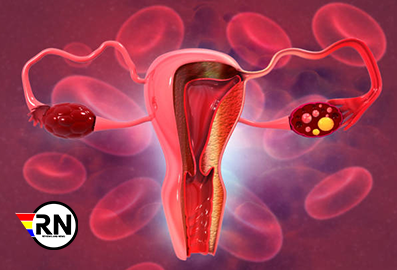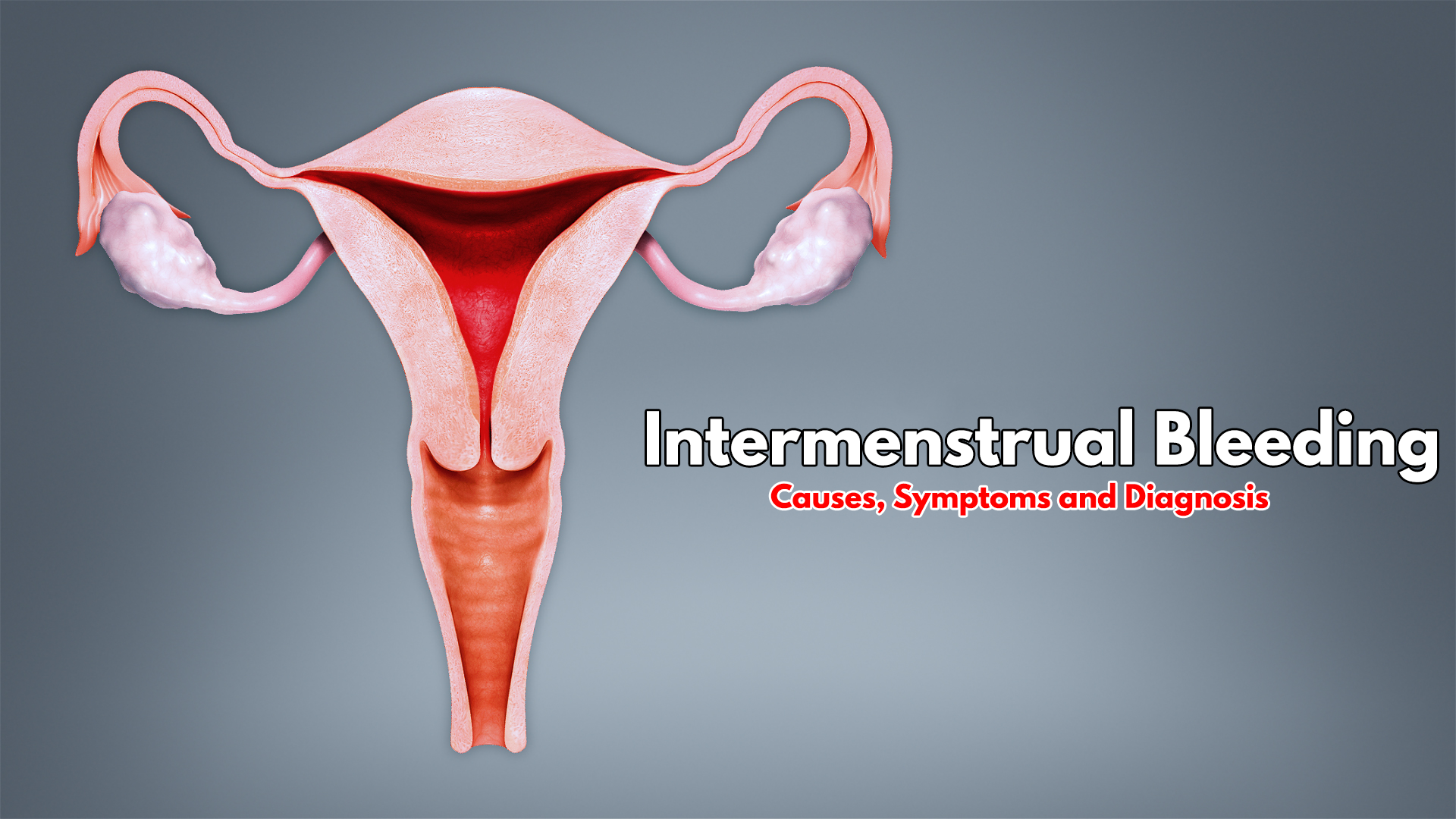We all have those moments when something out of the ordinary happens with our bodies, prompting a flurry of Google searches and anxiety. Ever had spotting between periods and wondered what’s up? Let’s dive into the world of intermenstrual bleeding and unravel the mystery.
What is Intermenstrual Bleeding?
Definition of Intermenstrual Bleeding
Intermenstrual bleeding, often called spotting, refers to vaginal bleeding that occurs between periods. It’s that unexpected guest that shows up when you’re least prepared. But why does it happen?
Intermenstrual bleeding, also commonly referred to as irregular or abnormal vaginal bleeding, is a gynecological phenomenon characterized by the occurrence of vaginal bleeding or spotting between a person’s regular menstrual periods. This condition can be perplexing and concerning for individuals who experience it, as it deviates from the typical pattern of menstruation, where bleeding occurs cyclically, with a relatively consistent duration and flow.
Intermenstrual bleeding can manifest in various ways, ranging from light spotting to heavier bleeding that resembles a regular menstrual flow. It can occur at any age, from adolescence to menopause, and may be an isolated incident or a recurrent issue for some individuals. The underlying causes of intermenstrual bleeding are diverse, and they can stem from a multitude of factors, including hormonal imbalances, structural abnormalities within the reproductive system, certain medical conditions, or the use of contraceptives.
Causes
There can be multiple reasons for intermenstrual bleeding:
- Hormonal changes
- Pregnancy
- Infections
- Medications
- Medical conditions like polyps or fibroids
Symptoms and Signs
Common Symptoms
Besides the obvious vaginal bleeding, some might experience:
- Mild cramping
- Changes in menstrual cycle length
- Changes in menstrual flow
Ever had those moments when you see those unexpected stains and wonder if it’s something serious?
When to Seek Medical Help
Spotting once in a blue moon? Probably not a big deal. However, if it’s frequent or you notice other symptoms like pain or excessive bleeding, it’s time to ring your doctor.
Diagnosis
Physical Examination
Your doctor will likely ask about your symptoms, menstrual history, and any potential factors that might contribute to intermenstrual bleeding.
Tests and Procedures
Often, your doctor might suggest:
- Blood tests
- Pap tests
- Ultrasound
- Endometrial biopsy
Sounds intimidating? Don’t worry; it’s all part of ensuring everything’s A-OK!
Treatment Options
Medications
Depending on the cause, doctors might prescribe:
- Hormonal medications
- Antibiotics
- Nonsteroidal anti-inflammatory drugs
Lifestyle Changes
Sometimes, it’s as simple as altering a few daily habits:
- Manage stress
- Maintain a balanced diet
- Exercise regularly
Prevention and Tips
Dietary Adjustments
Including iron-rich foods can be beneficial if bleeding is causing anemia. Think of it as fortifying your body’s defenses!
Reducing Stress
Ever heard the phrase, “It’s all in the mind”? Sometimes, mental well-being can play a huge role in our physical health. Consider activities like yoga, meditation, or even a weekend getaway.
Conclusion
Intermenstrual bleeding, while sometimes alarming, is often benign. Like that unexpected rain on a summer day, it’s not always welcome but is usually harmless. Still, always trust your instincts. If something feels off, consult a healthcare professional.
FAQs
- Is spotting between periods normal?
- Occasional spotting can be considered normal, but frequent or heavy bleeding should be discussed with a doctor.
- Can stress cause intermenstrual bleeding?
- Yes, high stress levels can affect your hormonal balance, potentially leading to spotting.
- Do birth control pills cause spotting?
- They can, especially during the first few months of use. If it continues, consult your doctor.
- Is intermenstrual bleeding a sign of pregnancy?
- While spotting can occur in early pregnancy, it’s not a definitive sign. Taking a pregnancy test or consulting a doctor is the best approach.
- Can exercise cause spotting between periods?
- Intense physical activity might cause spotting in some women. If it’s a consistent issue, it’s worth discussing with a healthcare professional.

